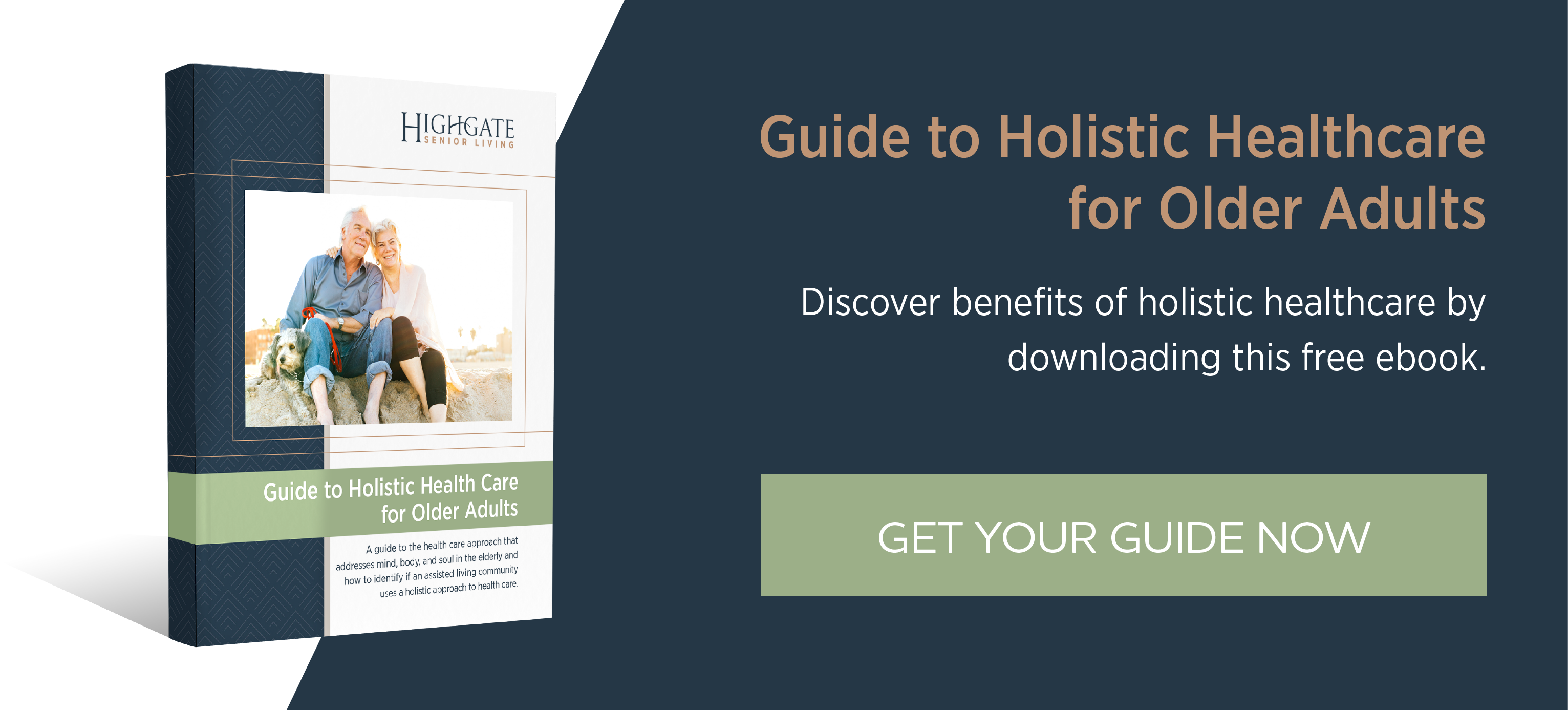
Holistic health care can come in many different shapes and forms. It could mean incorporating acupuncture, aromatherapy, chiropractic medicine, homeopathy, or a variety of other approaches that treat more than just an immediate ailment or illness.
You may have heard the terms “alternative medicine” and “complementary medicine” used synonymously, but there is a vast different between the two approaches.
Both refer to the same set of non-traditional therapies that were developed outside of conventional Western medicine. The difference, however, lies in how those approaches are used.
Complementary medicine views non-traditional methods, such as acupuncture, aromatherapy and chiropractic, as another tool alongside conventional methods such as surgery and pharmaceutical interventions. Using the two synonymously creates a holistic approach to health care, where not only ailments are treated, but overall health and wellbeing can be improved.
Alternative medicine, on the other hand, sees no role for conventional medicine and exclusively uses non-traditional techniques. Although non-traditional medicine offers many benefits, using it instead of scientifically proven conventional medicine can be dangerous — even deadly.
Over-medication of the Elderly Population
Prescription medications can be expensive and even problematic health-wise. The average person 65 and older fills 14 or more prescriptions per year with many of the prescriptions coming from more than one physician. Without coordinated efforts between all physicians, potentially dangerous medication interactions can occur, sometimes even leading to hospitalization. In fact, 28 percent of hospitalizations of U.S. seniors are for medication-related issues.
But the answer isn’t necessarily eliminating medication, but rather attempting to lessen the amount and kinds of medication needed. A holistic approach to health care can treat many of the common health problems in the elderly, when used complimentarily to traditional medicine.
The Impact of Complimentary Holistic Medicine Used in Long Term Care Settings
Complimentary holistic health care approaches have been statistically proven to improve the health and well-being of seniors living in an assisted living setting. Studies have shown that non-traditional techniques such as acupuncture, meditation, tai chi and herbal supplements, are helpful in treating various health issues.
Take a look:
- High blood pressure has been found, in mild cases, to be treatable through biofeedback programs, which are programs that train your body to respond to your thoughts.
- Neurodegenerative diseases, such as dementia and Alzheimer’s, are widespread in the elderly population. There is some evidence that yoga and meditation offer remedial help in treating such disorders.
- Depression is common in older adults, with rates as high as 20 percent. Depression is more likely to be a first-time occurrence in the elderly, who are less likely to seek treatment for the disorder. An herbal remedy, St. John’s Wort, has been shown to treat short-term, mild depression, though it has harmful interactions with other popular prescriptions, including cholesterol-lowering drugs and you should seek advice from a medical doctor before adding herbal supplements to your medication regimen.
- Sleep disorders can potentially be treated by a number of non-traditional therapies. Herbal supplements such as melatonin, acupuncture, acupressure, yoga, meditation and Tai Chi can lessen the symptoms of sleep disorders.
- Osteoporosis is a condition in which the bones become fragile and prone to breaking. It is more common in the elderly, especially older women. The condition can be combated with green tea and exercise. Both interventions were shown to increase bone mass.
The amount of quality research in this area grows every year. But, using complimentary approaches should be done in coordination with physicians. When pursued as part of collaborative, holistic approach to health and wellness, complimentary medicine can offer a well-rounded approach that may lessen the need for medication treatment of certain conditions and ailments.






